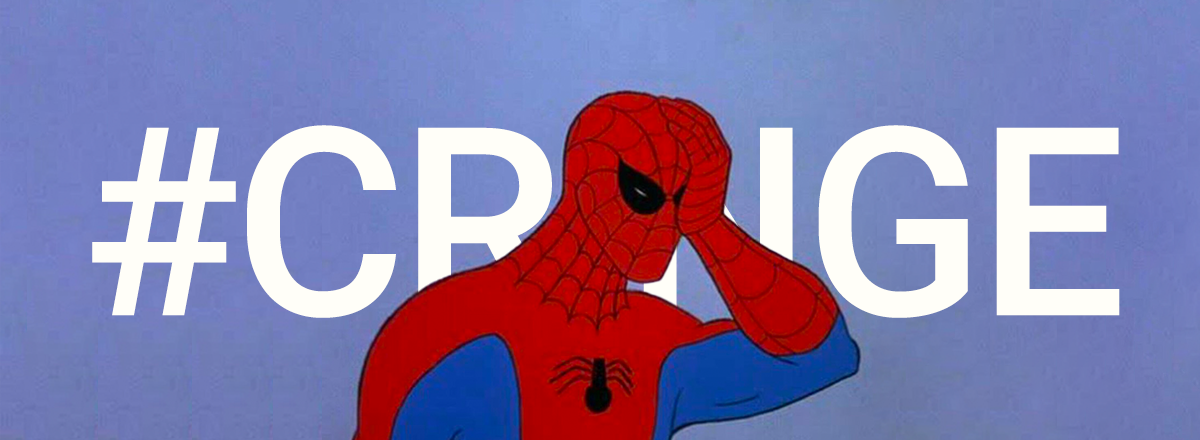Today, we will try to figure out why we feel extremely embarrassed or ashamed when someone else acts or is too awkward or stupid and why this feeling might actually be beneficial to us.
Surely you have at least once caught yourself on an immense sense of shame and embarrassment after having watched a selection of epic fails on YouTube, a reality show, or ridiculous Japanese ads. This feeling may come from an inappropriate joke or stupid things that your drunken friend does. You feel even worse from the outrageous actions of fellow citizens whom you meet abroad. But why is it not a shame to the one who grimaces at the camera and makes a drunken mess, but to you watching from the sidelines? After all, you are not doing anything terrible, but you feel involved in what is happening. What is it: a shattering of hopes for universal rationality, a mental disorder, or a hidden fear of being shamed? But the most important question is: why do you keep looking at all this chaos?
Psychologists convincingly say that a feeling of shame or embarrassment for others arises when you consider yourself to be part of the same group as the person who commits wrong actions (in the observer's subjective opinion). And there is a significant difference: if at a corporate party a certain lady from another branch got drunk and began to undress on the table, you may just find such actions unpleasant or even funny. But if this is a member of your team, then you will most likely burn with shame. If a vagrant throws an empty cigarette pack on the sidewalk, you will feel annoyed or ignore it at all. If your friend does the same, it will be very embarrassing for you to see (at least for me).

But it turns out that one can enjoy being ashamed of someone else. American television critics have long ago brought up such a concept as Shame TV, programs that exploit the humiliation of participants. These include super-popular talent search projects in a wide variety of fields. There are tens of times more losers and humiliated participants than those who succeeded and were exalted at their expense in all these shows.
Dr. Elliot Aronson, psychologist, professor emeritus at the University of California, author of Mistakes Were Made (but Not by Me), writes that we constantly compare ourselves to other people, and this comparison affects our self-esteem like a balm. We look at people nonsense or dancing drunks, saying in our head: "Well, I don't look like this loser at all!" And we continue to look with pleasure at the humiliation of the poor fellow.
All these epic fail videos on YouTube feed your gloating and help to indulge your ego. Do you really enjoy other people's bad luck and failures and watching Best Fails of the Month? Psychologist Jeffrey White, who advises producers of famous American television shows, believes this trend reflects the current spirit of the times. Crises, instability, uncertainty, and an atmosphere of hatred all lead to seeking solace in the basest of things, such as watching others suffer without any pangs of conscience.

You are in no way involved in this, and therefore are not responsible for what is happening. Perhaps you will deny it and say that you do not like watching other people's suffering and humiliation. Nevertheless, you are not alone, all television ratings and views on YouTube say that you actually like it.














